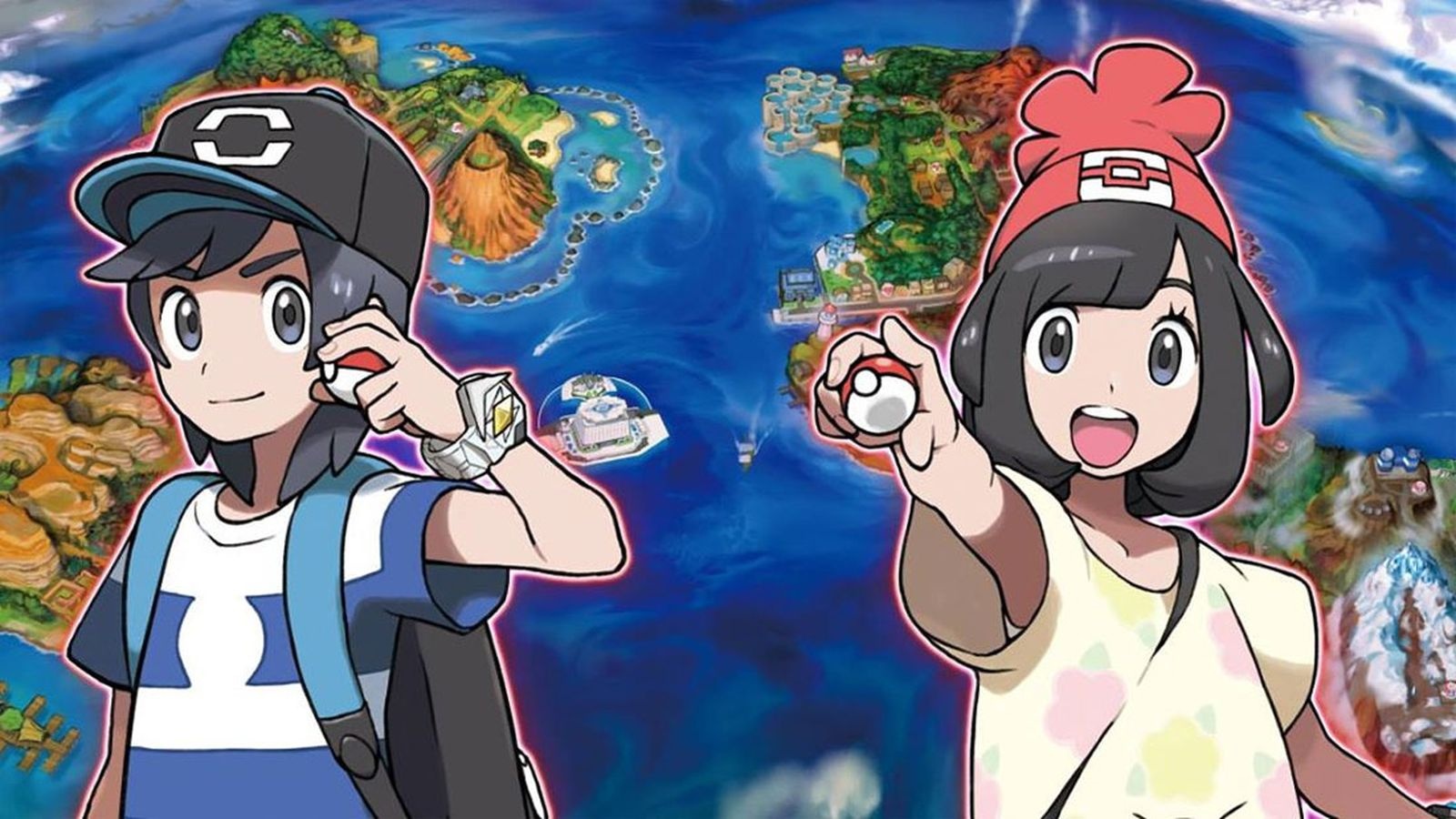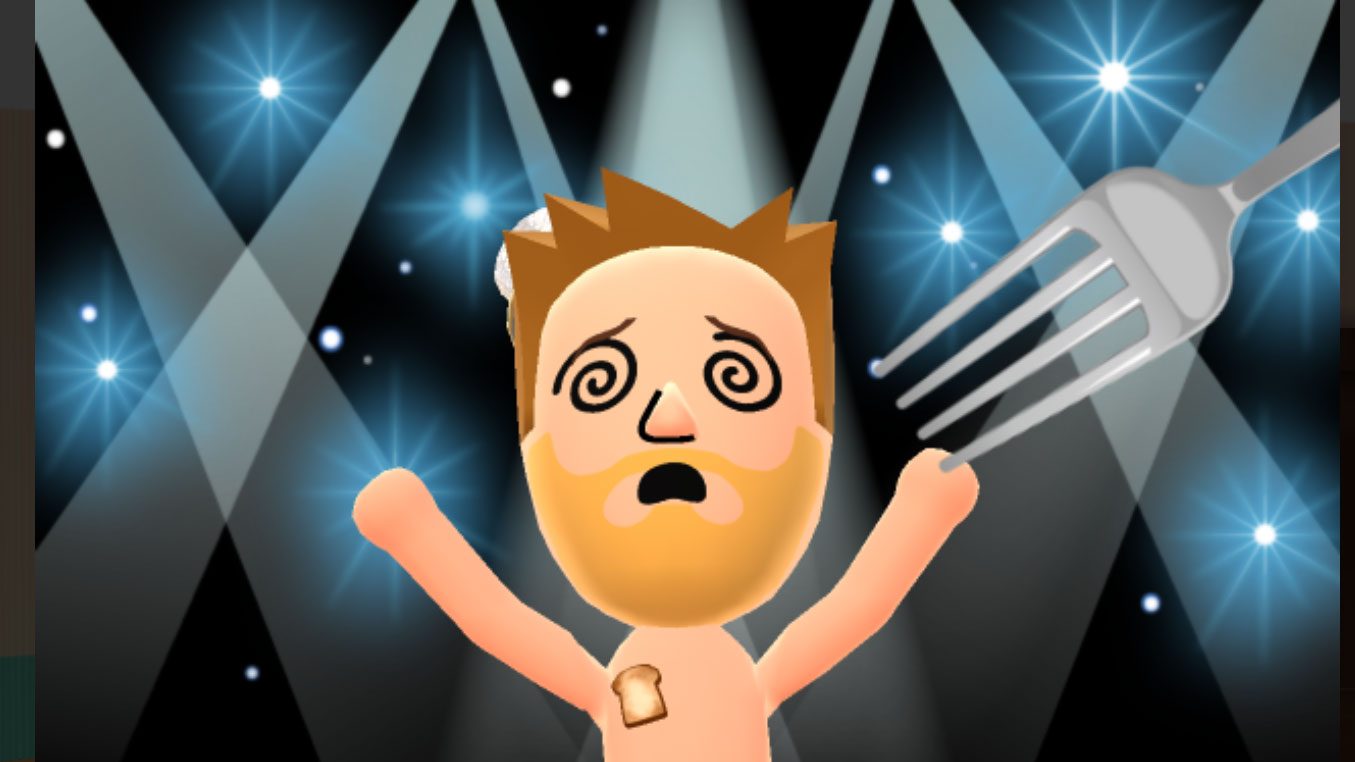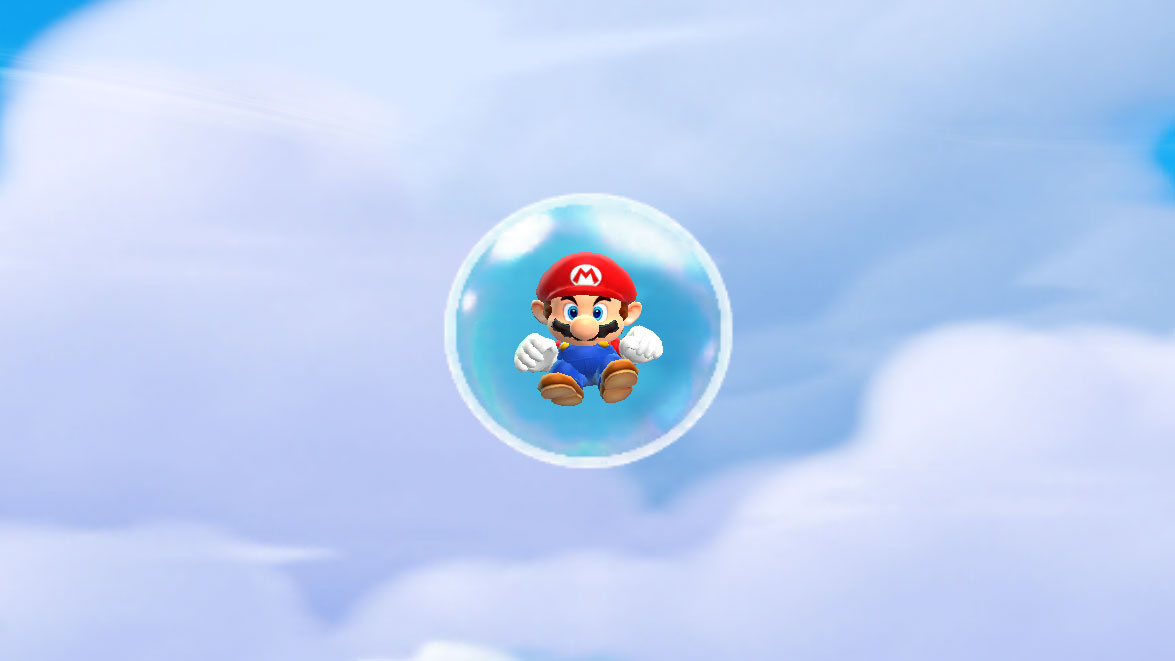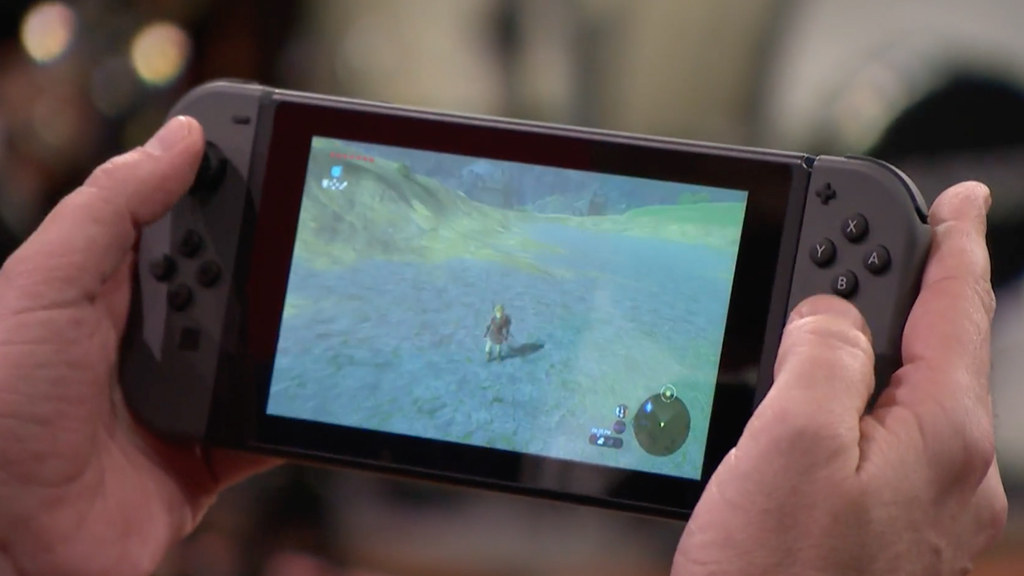Nintendo year in review 2016: from Pokemon Go to the Switch
A year of reinventing the old and anticipating the new

As one of the biggest names in the gaming past and present Nintendo has had its fair share of highs and lows. In the company’s recent history alone it’s had one of the best selling consoles in history with the Nintendo DS, and one of the worst with the Wii U.
2016 has basically proven to be a microcosmic representation of Nintendo’s larger history with enough ups and downs to make a Sine graph.
Looking back, notable lows have included disappointing sales for the Wii U as well as the bang and whimper launch of Miitomo. These have been balanced out, however, by the success of the handheld Nintendo 3DS console, and the huge resurgence of the Pokémon franchise’s popularity thanks to Pokémon Go and the Pokémon Sun and Moon games.
Though it’s hard give an exact diagnosis of Nintendo’s health at the end of 2016, we can at the very least say that 2017 looks promising. With 3DS sales still going strong and the Nintendo Switch receiving positive coverage it seems we have a lot to look forward to from Nintendo over the coming year.
Less Wii more whoops
Depending on who you ask, the Wii U’s sales could be considered terrible or just disappointing but absolutely no one would say they’ve been good. Since its release almost four years ago, the Wii U console has only sold just over 13 million units worldwide making it the lowest selling Nintendo console ever.
Since Nintendo has confirmed that it’ll stop production of the console this year, it has absolutely no chance of catching up to its predecessor, the Wii, which sold 100 million units.
As a result of its poor unit sales, the Wii U has also had the poorest software sales of any Nintendo console in history. That’s not entirely surprising, though, since the first party games released on the console in 2016 have been extremely small in number and rather underwhelming in terms of content.
Sign up for breaking news, reviews, opinion, top tech deals, and more.
Though the hotly anticipated Legend of Zelda: Breath of the Wild game is coming to the Wii U, it’s impossible it will give the console the significant boost in sales it would need to be considered a success especially because the title will also be released on Nintendo’s upcoming Switch console.
What would be the point in buying a console that’s gone out of production for a game that will also be supported by a console that’s just started production?
So, 2016 was the year Nintendo rang the death knell for the Wii U. However, it was also the year the company started eagerly handing round the ultrasounds for its brand new console, the Nintendo Switch. Ah, the circle of life.

3DS – the S is for success
Though Nintendo’s home console proved to be a thorn in the company’s paw for the entirety of 2016, the Nintendo 3DS was a merciful success. In fact, the 3DS is the best selling handheld console on the market right now, selling over 61 million units which is significantly more than Sony’s PS Vita which has sold just over 13 million.
These sales have probably been helped by the fact that the 3DS had a much more diverse library of games to offer this year than the Wii U. Not only were there many more first party titles released on the handheld platform, a significant number of them were actually original titles rather than ports or remakes.
Reinventing a classic
That's not to say remakes haven't done Nintendo any favors this year. Nintendo decided to go retro in November with the release of the NES Mini which has become the second most Googled games console of 2016, just behind Nintendo's upcoming console, the Switch.
Despite only being a simple plug-to-play console pre-loaded with 30 classic NES games, the NES Mini is a massive hit and supply has very quickly fallen behind demand.
Once this balances out, though, it's likely the console will continue to be popular and it's opened up an entirely new product avenue for Nintendo to explore. With many fondly-remembered consoles in its history, Nintendo has a lot more to offer here and should really take advantage of it.
Are we about to see a SNES Mini? We sure hope so.

Pokémon Reborn
The biggest original release on the 3DS this year was by far Pokémon Sun and Moon which continue to be great successes for Nintendo through the all-important Christmas period. Between them, Pokémon Sun and Moon have generated enough sales to become Nintendo’s biggest selling games in the company’s history in Europe and the Americas.
This success is a mark of just how much of a comeback the Pokémon franchise has made in 2016
We’ve already written about this in more depth, but it’s highly likely that Nintendo owes at least a small part of the success of Sun and Moon to the mobile phenomenon that was Pokémon Go.
Although Nintendo didn’t actually have a hand in making the game (a fact that actually made its share prices suffer when it was revealed) it has certainly recovered quickly and continues to benefit from the game’s success.
Pokémon Go obviously couldn’t have been the hit it was without the original success of the Pokémon franchise behind it but it has rekindled an interest that was lagging as the years have gone on.
Being a shareholder in one of the most successful and highest earning mobile games of the year has likely not only helped the Pokémon 20th Anniversary campaign and the sales of Sun and Moon, it’s also likely to have, by extension, boosted the sales of the 3DS console as people picked one up just to return to the series.

Oh no Miitomo
Unfortunately, the mobile game that Nintendo has had a direct hand in creating hasn’t been quite as successful. Miitomo was launched in March with great fanfare and though it initially performed well, the number of active players was reported to have dropped dramatically as quickly as May.
The largest complaint players had about Miitomo was that it was a social network that offered less to do than the main social networks out there and there was very little reason to keep returning.
Now that Miitomo has received an update that will bring more useful features including private messaging and customization the app could see a rise in interest again. However, it seems highly unlikely.
Fortunately, Nintendo has more mobile titles to launch that should prove to be more successful in that they’re more like traditional mobile games. The latest is Super Mario Run which has been developed in partnership with Apple.
Not-so-Super Mario Run
It's too early to give a certain assessment of how Super Mario Run will fare as it was only released on December 15 but reception seems middling to poor so far; with over 50,000 reviews, it has a rating of only 2.5 stars.
Nintendo has reported that in just 4 days the app has had over 40 million downloads, ranking first in 140 countries for free apps and has entered the top ten paid chart in 100 countries.
This suggests that most are downloading the free trial of the game first, so purchase numbers could dramatically increase after gamers complete the trial game, which does have re-play value thanks to varying difficulty levels. However, this could just as easily go the other way.
On the plus side, the game is projected to rake in $71m (£57m) in its first month. Considering the game is only on Apple devices at the moment, this is an admirable earning.
Unfortunately for Nintendo and mobile development partner DeNA, this isn't enough for investors and their share prices dropped after the launch. Players themselves immediately began to complain about the fact that the app doesn't work offline.
The always-online gameplay actually appears to be a bigger sticking point for players than the fact that the game isn't free-to-play. Many mobile gamers don't want their games to require a constant internet connection either because they play in places with unreliable connections like public transport or they have limited mobile data allowances.

Switch it up
One of the standout moments for Nintendo this year was by far the announcement of the Nintendo Switch. Rumors about what the console would be like had been spreading like wildfire online since its NX codename was revealed in 2014.
Finally, the launch trailer confirmed all of the rumors: the Nintendo Switch will be a hybrid console that can be played on the go and at home. Talk surrounding the console has been fairly positive from developers, with many third parties confirming that they’re developing games for the Switch.
Fan reception also appeared to be largely positive. It was surprising, then, that following the announcement Nintendo's stock price dropped. Though prices have since stabilized, it’s likely that things will remain uncertain we get a better look at the Switch at the beginning of 2017.

Still to come
So, how are things looking in 2017? Rather promising as far as Nintendo is concerned.
If the Nintendo Switch console does indeed prove to be as affordable as rumors are suggesting, it’s likely that Nintendo can look forward to good sales numbers.
Even if it’s not a massive success at launch, there’s a good chance we’re going to see a wider library of original games for the Switch than we’ve seen from Nintendo for a long time thanks to its newfound willingness to collaborate with third party developers.
By taking the time to build up a competitive library of games, Nintendo has the chance of even capturing the large portion of the gaming audience not convinced by its first party exclusives.
Not only that, with Super Mario Run receiving such a mixed reception, Nintendo can approach its other planned mobile titles, Fire Emblem and Animal Crossing, with important lessons learned at the very least. It should probably start finding ways around the always-online requirement now.
Though these upcoming titles are both incredibly different from one another and Super Mario Run, Nintendo should have a diverse and reasonably successful selection of mobile games to offer by mid-2017.
If all else fails, at least it has that new Legend of Zelda game to cushion any great disappointments.
- Don't miss out on the best Nintendo 3DS deals this Christmas.

Emma Boyle is TechRadar’s ex-Gaming Editor, and is now a content developer and freelance journalist. She has written for magazines and websites including T3, Stuff and The Independent. Emma currently works as a Content Developer in Edinburgh.